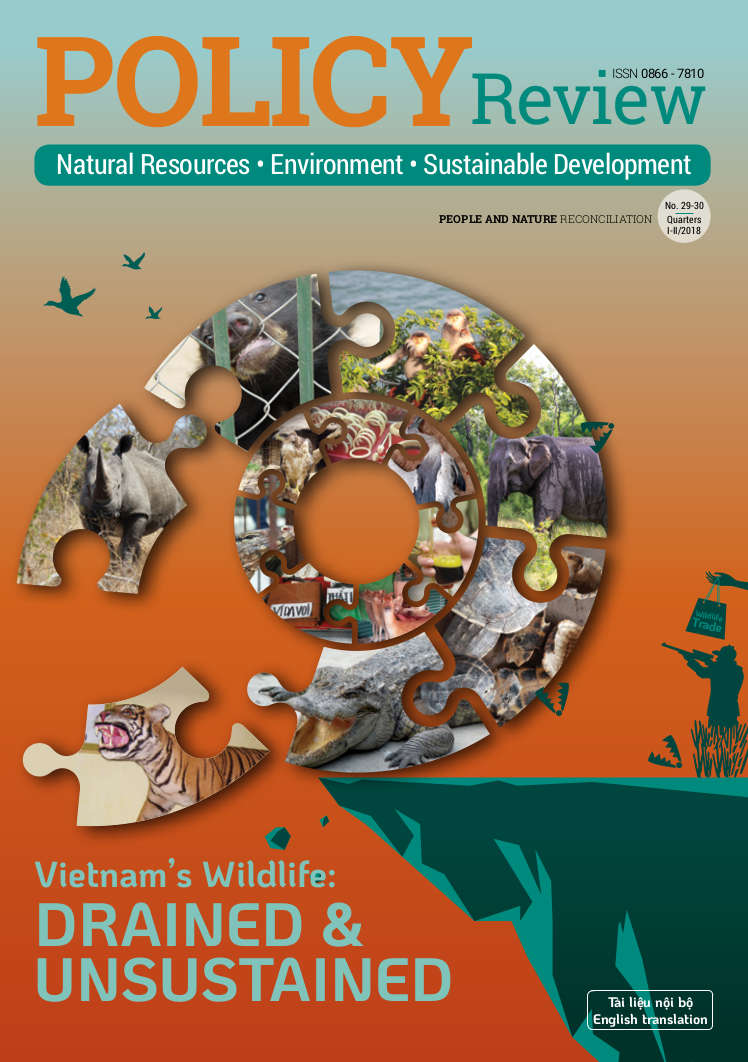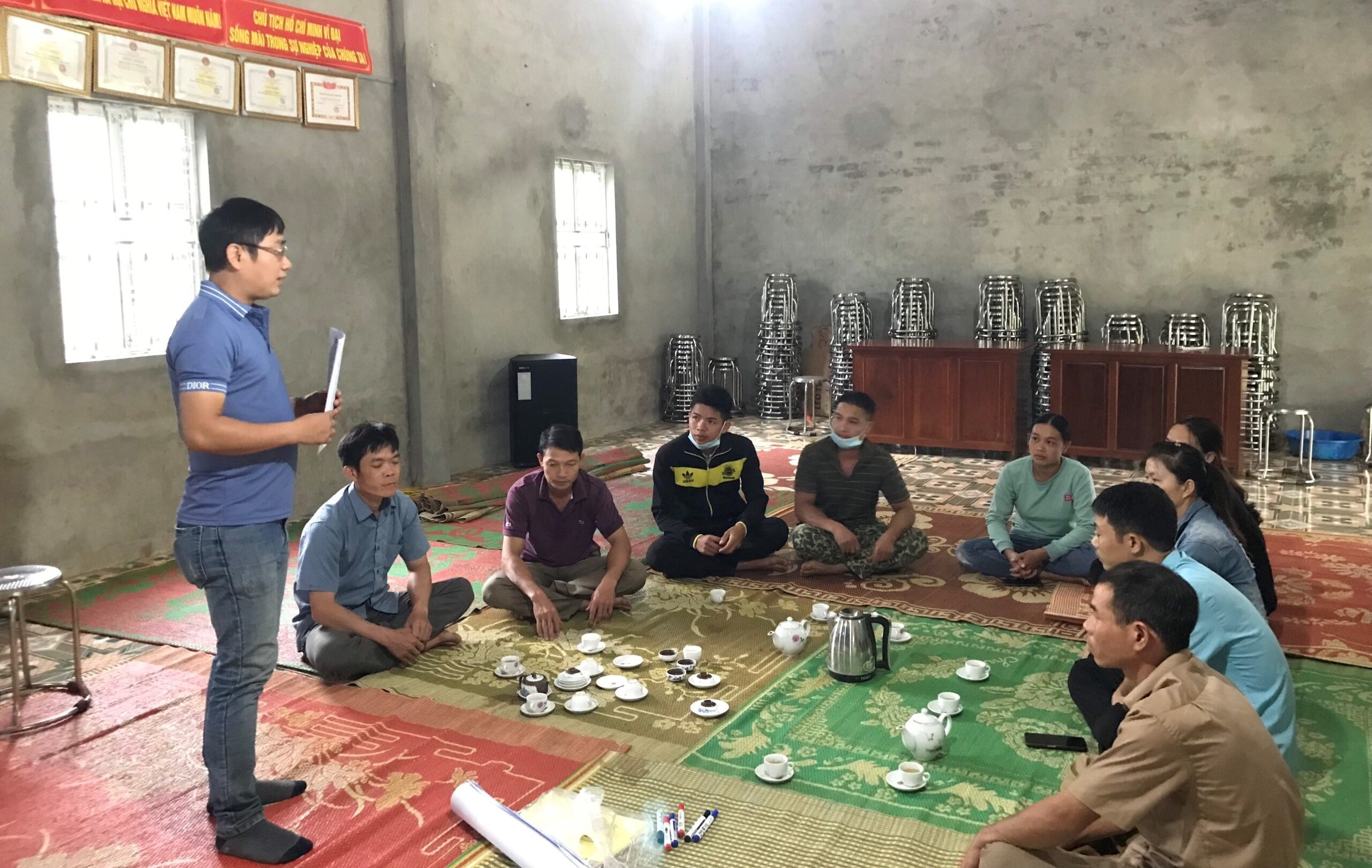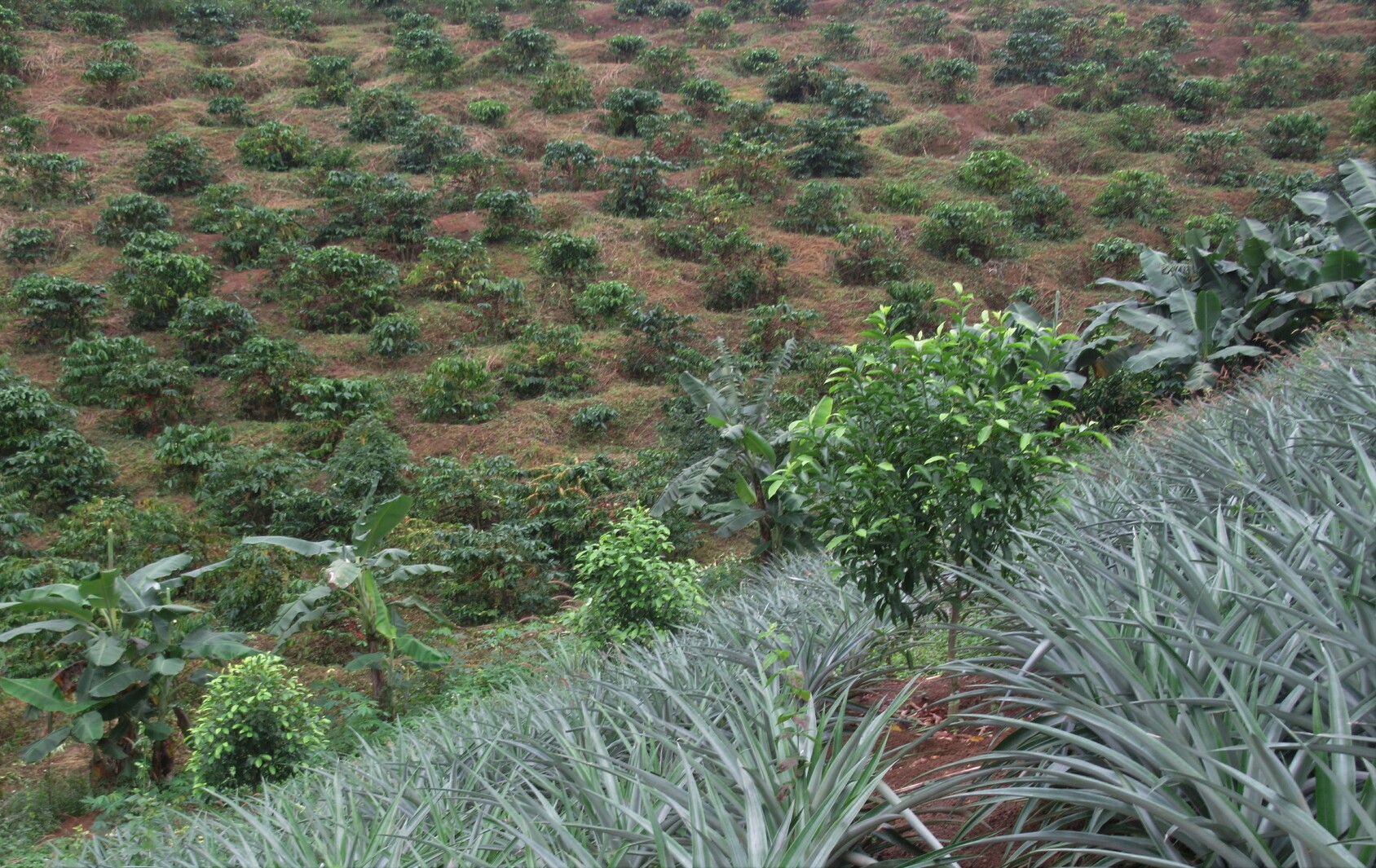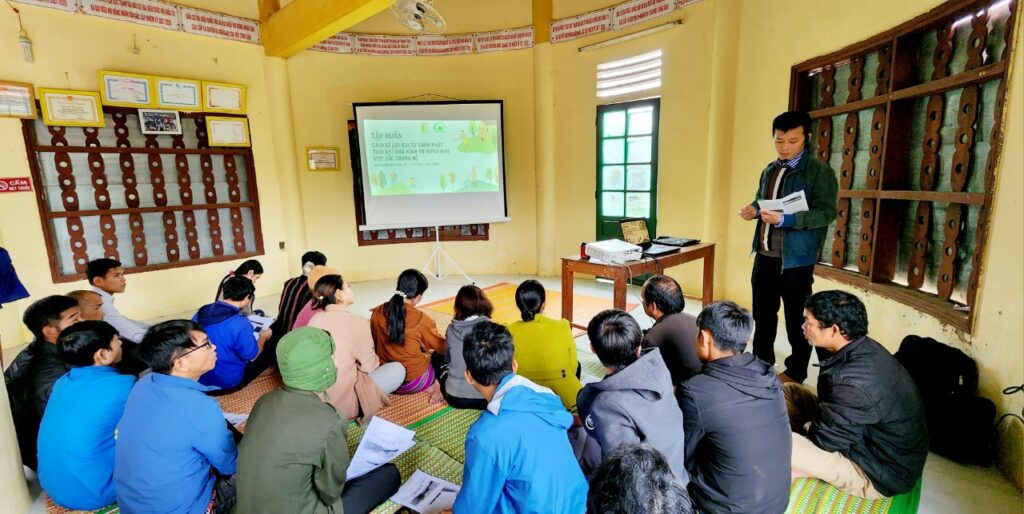This study, conducted by PanNature with financial and technical support from the NTFP-EP program, primarily aims to evaluate the impact of community consultation processes and mechanisms ensuring community participation in recognizing traditional rights in Vietnam, with a particular emphasis on Free, Prior, and Informed Consent (FPIC). The study focuses on regions characterized by mountainous terrain and forest landscapes.

Policy Review “Vietnam’s Wildlife: Drained & Unsustained”
Along with its economic development, Vietnam has transformed from a country mostly illegally exporting and transhipping wildlife commodities into a final destination that satisfies the demand of the emerging rich. Not only being a cause of the exhaustion of domestic biodiversity resources, the high demand for wildlife consumption of Vietnamese has had adverse effects on the nature of other countries, from the Greater Mekong sub-region to Africa.
From the 1990s up to now, the Government and non-governmental organizations have heavily invested in biodiversity preservation in an attempt to end illegal wildlife poaching, trade and consumption. Unfortunately, these efforts were not sufficient to decrease the rate of biodiversity loss and the extinction of many rare species such as rhinos and tigers. Meanwhile, the approaches aimed towards these issues have changed, switching from raising awareness and securing livelihood for local communities in biodiversity hot spots to focusing on consumer behaviours. Although policy initiatives and investments in the improvement of law enforcement toward high-income groups and enterprise sectors have been made recently, the result, in fact, is limited and wildlife trade still persists, showing no signs of a decline. As a result, biodiversity resources in Vietnam and in neighbouring countries are still being exploited.
In order to prevent the loss of biodiversity leading to extinction of species, it is obvious that strong commitments and initiatives toward wildlife in particular and biodiversity in general are required. However, it is initially necessary to recognize and evaluate the root causes of the problem, especially the systematic ones as well as the weaknesses and stagnation in the policy planning, implementation, and management of biodiversity resources in Vietnam.
In addition, to improve law enforcement efficiency, there should be fundamental changes in the behaviour of Vietnamese people towards the environment. After 30 years of reform and development, the living standard of a majority of Vietnamese people has been significantly improved. Thus, livelihood and poverty are no longer considered as an excuse for the destruction of wildlife habitats, pushing rare species to extinction. Outdated cuisine culture, “special dish” enjoyment and blind faith in “esoteric” remedies without scientific evidence, have put many rare wildlife species in jeopardy. These wildlife species can only have a chance to survive if Vietnamese people obtain a more civilized-humane lifestyle and appreciate the value of nature.
PanNature’s Policy Review No. 29-30 (Quarters I-II/2018) “Vietnam Wildlife: Drained & Unsustained” analyzed the current status of illegal wildlife trade in Vietnam, difficulties in law enforcement, policy and legal constraints, and recommendations to improve wildlife protection regulations and enforcement.
Read online version below or download here



